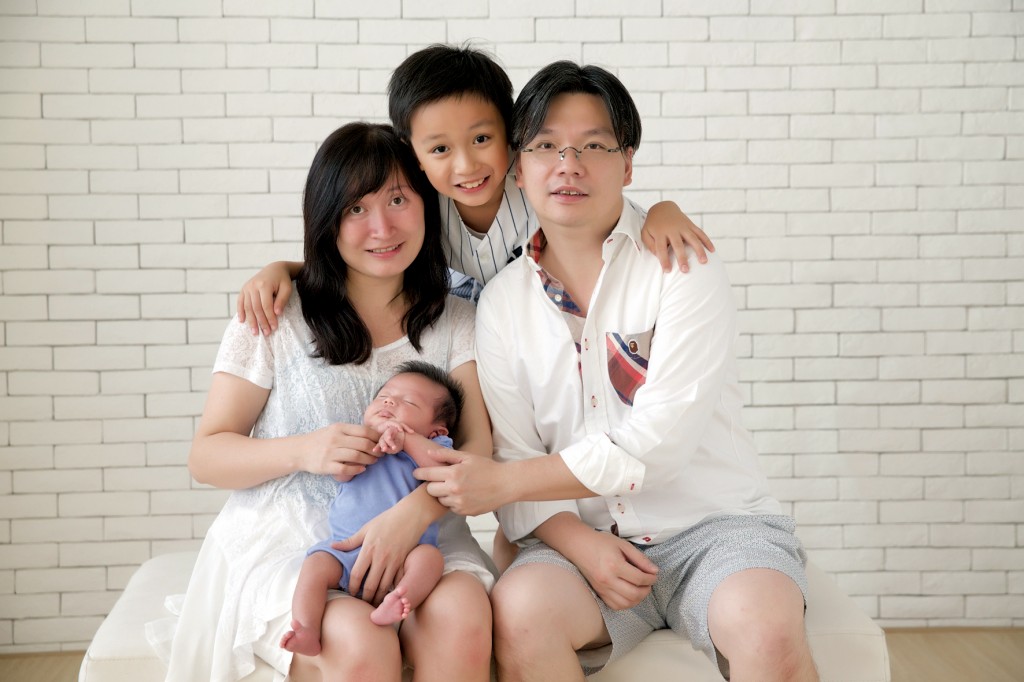Juggling work, family and many other things, few Hongkongers of Ho’s generation can afford to spend as much time as he does to keep themselves updated with current affairs. Some can barely grasp the meaning of simple political terms, let alone the intricacies of the policy-making process. For them, politics is out of sight, out of mind.
“I rarely read about politics because I find it irritating,” says 41-year-old Chan Hung-lai. “We aren’t really affected by political issues…We’re fine, no matter who’s the leader.” Chan, who holds an MBA degree, is currently a homemaker with a baby and a primary school age child. While she initially sympathised with the students and protesters, she is now feeling fed up because the occupation is disrupting her life and seemingly leading nowhere.
Chan, who lives near Mong Kok, used to take her son to primary school by taxi. But during the Mong Kok Occupation, the five minute ride had to be replaced by a half-hour walk. The fight for democracy is fine, she says but it has gone on for long enough. “It is affecting our lives. Roads are blocked, we have to walk to school and traffic is obstructed,” she says. “It feels like they’re throwing eggs against rocks…what can you achieve in the end?”
With two sons to take care of, Chan has her hands full. Though the family subscribes to Sing Tao Daily, a middle-class but politically conservative paper, Chan barely has the time to read the papers or watch the television news. “To be honest, the news [about the Occupy Movement] is all very similar … I’ve already got sick of it,” she says, “You cannot actually tell who’s right or who’s wrong.”
However she says she has noticed how biased the newspapers can be against the civil disobedience movement. She recalls reading an article blaming the closure of a restaurant on the occupation, but she knows the restaurant had been struggling even before the protesters took to the streets. “It is simply trying to smear the movement. [The incidents] are completely unrelated,” she says. It was not the first time she came across news items portraying the movement in an unfairly negative light, but Chan says she will exercise her own judgment in deciding whether or not to believe them.

While casual readers like Chan have noticed individual incidents where news reports appear to be smearing the Occupy Movement, others have studied the media landscape in recent years and seen a worrying trend of traditional media adopting increasingly conservative editorial positions. This is particularly pronounced on sensitive political issues like the Occupy Movement.
“Obviously they’re trying to frame issues or movements … in a way that serves their interest,” says Professor Francis Lee Lap-fung from the School of Journalism and Communication at the Chinese University of Hong Kong (CUHK). “For example, they will always emphasise the presence of so called foreign powers or foreign interests in the movement. These are different ways to characterise or frame the movement to make it look very questionable or make it look very bad.”
The pressure, he explains, stems from media owners’ financial and political ties with the Mainland. “Most Hong Kong media dare not enrage the Chinese government…Most of them [media owners] are business people and almost all of them have very many important business interests in China. And many of these media owners are themselves actually part of the political system,” says Lee.
Some see the trend as a result of Beijing’s moves to tighten control on information flow and sway public opinion in Hong Kong. How well the strategy is working is open to debate. “What has transpired in the past month shows the limitation of the power of traditional media,“ says Lee.
“If you really look at all the newspapers, all the negative headlines, public opinion should have turned against the movement very, very early on, but as a matter of fact, it didn’t.”
Polls conducted by Lee and his colleagues at the Centre for Communication and Public Opinion Survey of CUHK in October showed those supporting the movement increased by 6.5 per cent compared with September and those against the movement decreased by more than 10 per cent in the same period. In the initial weeks of the movement, public opinion seemed to turn in favour of the movement with 37.8 per cent of respondents supporting it, slightly more than those against.










































